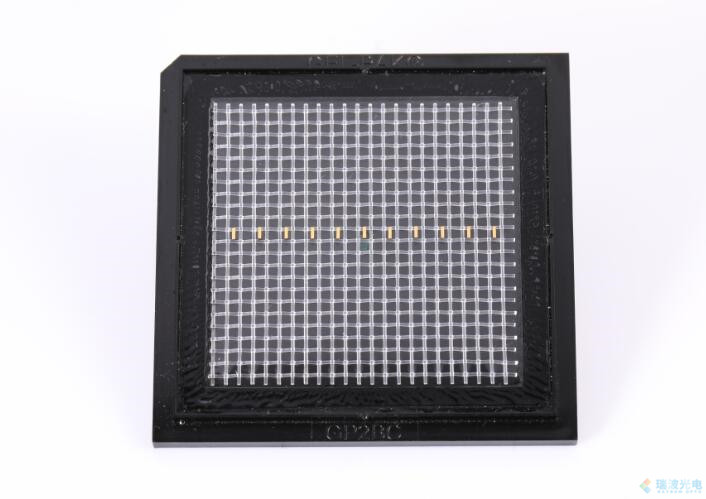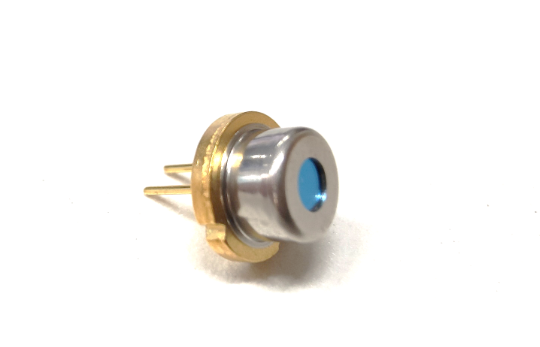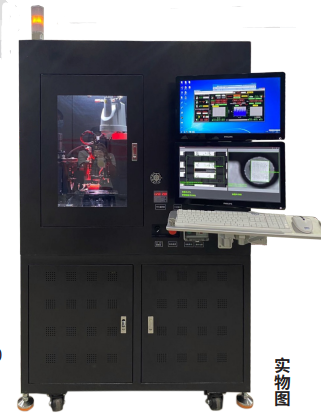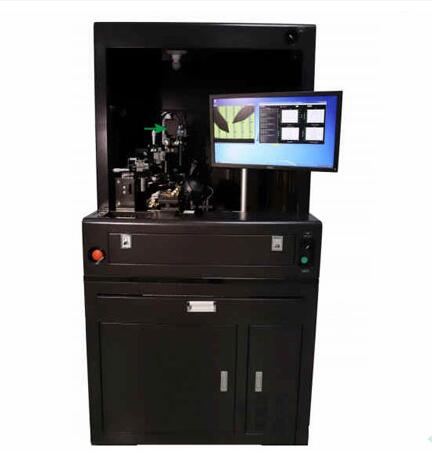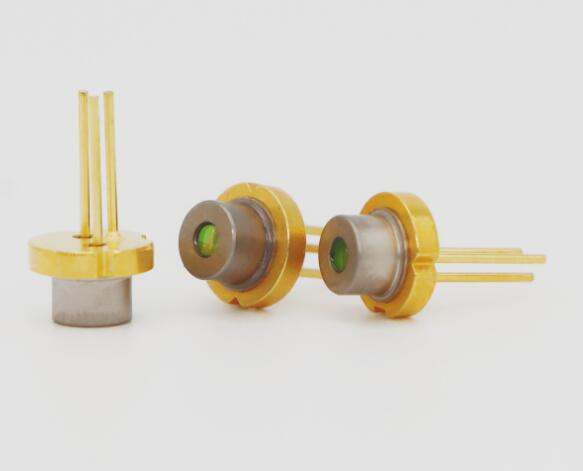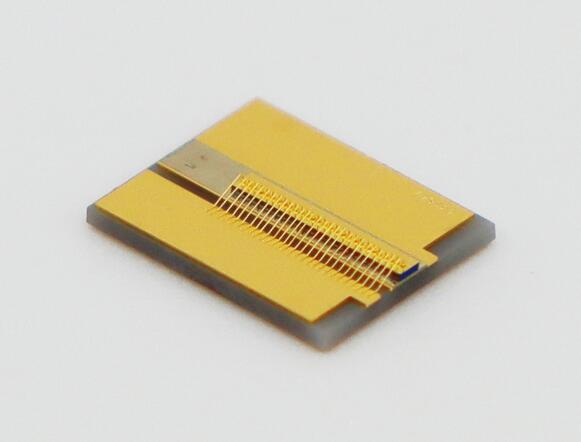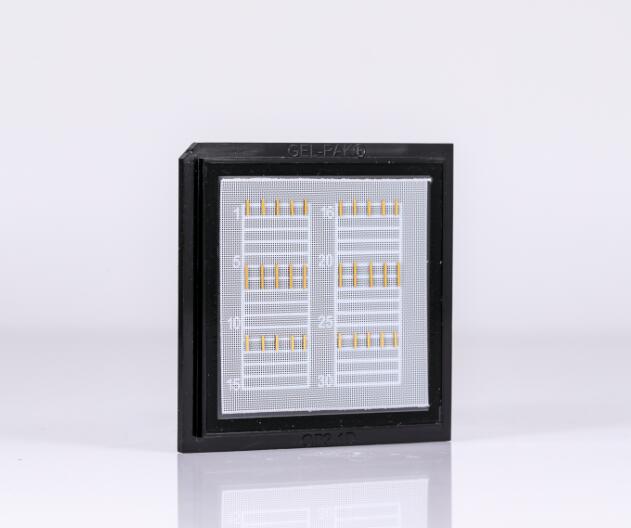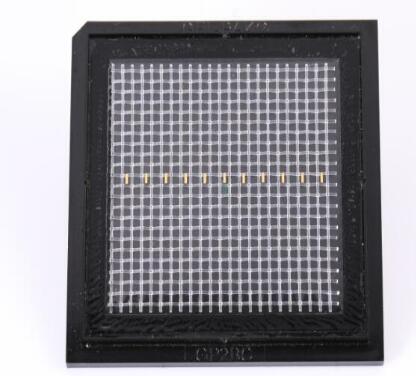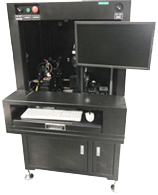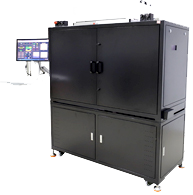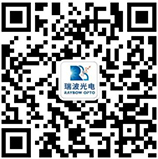
At present, emerging display technology, OLED, Micro LED, QLED, laser display.... Are vying to lead the next generation of display technology. Among them, laser display with large Color gamut, large Size, high resolution, digital and other characteristics, is considered to be a strong competitor in the future display technology. Xu Zuyan, academician of The Chinese Academy of Engineering, also introduced: "The development course of the display industry is from Standard definition TO high definition, and is now moving to ultra high definition. Laser display technology will certainly become the mainstream technology of the next generation of display industry."
Although laser display technology was put forward in the 1960s, it was not realized in China until the beginning of the 21st century. Its principle is red, green, blue three color laser as the light source, by adjusting the three color laser intensity ratio, total intensity and intensity space-time distribution for display. Laser display technology solves the problem of high fidelity reproduction of image. Laser spectrum width, good direction, high power, can be precisely controlled in the best visual perception area of the human eye, easy to achieve 8K high resolution and high contrast, these characteristics are all other display light source can not have at the same time; Laser display also has the advantage of high viewing comfort, eye protection, because it is diffuse imaging, full pixel light, no short-wave blue light. According to the China Institute of Electronic Technology Standardization, the laser display technology has good comfort, low visual fatigue and no harm from short-wave blue light.
In recent 20 years, laser display in China has experienced three development stages from feasible principle, feasible technology to feasible industry. By 2019, there were dozens of laser display enterprises in China, with an annual output value of more than 15 billion RMB. China's laser technology and industry has entered the international leading ranks, in key materials, components, technology, complete machine and patents and other aspects have the conditions for independent and controllable development of the industry. From technology to industry, it should be said that we have reached the international leading level in this field, we have the ability to end the history of import display production line, realize the "China dream" of Chinese people watching Chinese TV.
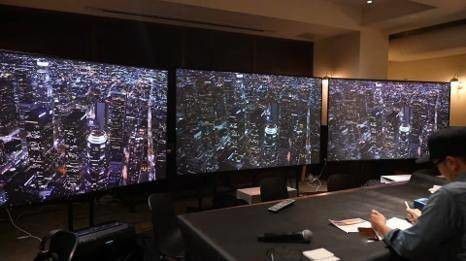
Hisense Panchromatic laser TV L9G was awarded the "King of Laser Ultra-Short Focus Products" in 2021 (the far left is Hisense Laser TV L9G, using RGB three-color laser light source, reaching 3000 lumens) source: Sohu
At present, laser display is from the traditional technology of blue + phosphor, to RGB laser display, which is a major breakthrough in chromaticity, to solve the problem of large gamet color reproduction, which has been pending for a long time in the field of display technology, can reproduce natural colors perfectly.
The red LD belongs to GaAs material system, while the blue and green LD belongs to GaN material system. The application of red LD in laser display and other fields requires stable optical mode and laser power output, which requires high life and reliability of laser. The shorter the LD wavelength of red light is, the higher the photoactive potential energy is. However, the red light laser using AlGaInP/GaInP structure has a small band gap between the active region and the limiting layer, so it has a poor ability to limit the injected carriers and is easy to produce leakage current. This will not only reduce the internal quantum efficiency of the semiconductor laser and the power conversion efficiency, but also lead to lower characteristic temperature of the device and higher sensitivity of the output power to temperature. By increasing the doping concentration of the P-limiting layer, it is helpful to restrain electron overflow. However, when the doping is high, the dopant diffuses to the active region and the number of defects increases, which affects the reliability of the laser and the carrier absorption loss increases. In order to meet the demand of screen display, it is necessary to improve the output power of laser, which is easy to lead to Catastrophic optical damage (COD). At the same time, in order to improve the market competitiveness, the wavelength uniformity of epitaxial wafer is required to be good, which puts forward higher requirements for product consistency. Therefore, there are very big technical challenges and difficulties in developing high-power red LD.
After years of research and development and the support of key technology projects of the Ministry of Science and Technology, Raybow has developed 0.5W,1W,2W 638nm red laser chips, and 2W 665nm laser chips, which can provide TO56 and TO9 packaging devices.
In addition, the application of red laser in the field of lighting (stage/landscape/automobile), medical and cosmetology(PDT, hair transplantation, etc.) have shown good business opportunities. Among them, the requirements of laser lighting for 638nm is good high temperature resistance, generally adopt air cooling mode, so it requires high power stability under high temperature working conditions, decline reduction, which is different from the requirements of projection applications. The medical/germinal wavelengths are typically 650nm and 665nm, different from the 638nm wavelength used in display applications.
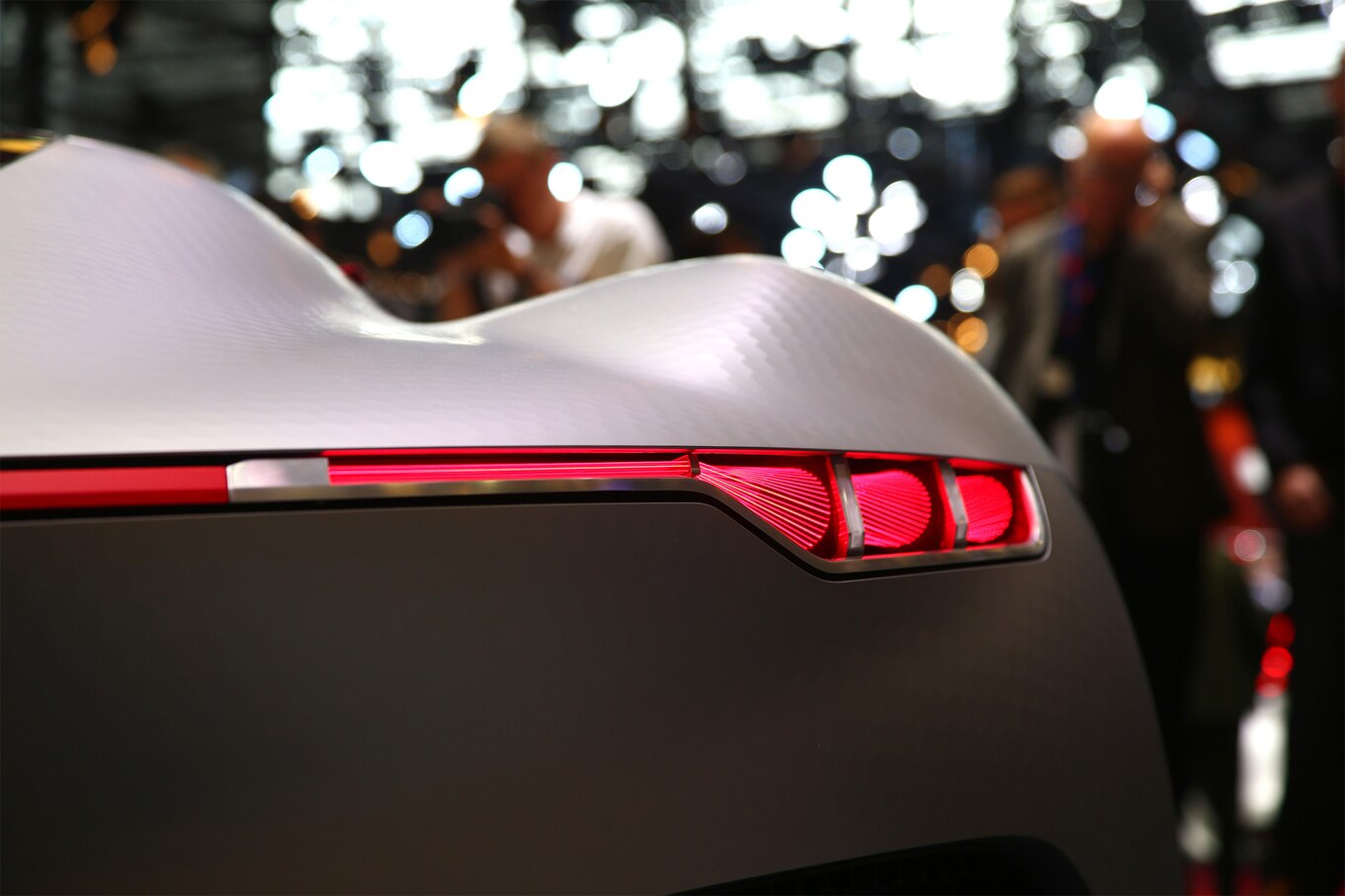
Renault's Trezor concept car uses the iconic C-shaped rear lighting with red laser lighting and fiber optics to create an interesting visual effect. Source: Motortrend

Using photodynamic therapy (PDT), the scientists combined the drug with a red laser to deliver a lethal combination of blows to melanoma skin cancer cells. Source: National CancerInstitute (NCI)

